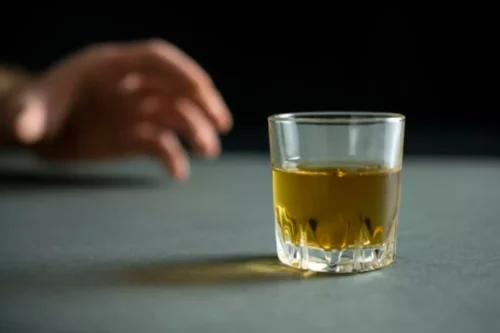
This group tends to begin drinking at an early age (around 19) and also develops an alcohol dependence early (around 24). This group has comparatively low rates of co-occurring mental health conditions and moderate rates of other substance use disorders and family members with alcoholism. People in the functional subtype manage to prevent the disease from interfering in their professional and personal lives, but often with dire consequences.
Understanding the Benefits of Comprehensive Rehabilitation Center Inpatient Drug Detox

This group has attained a higher education level than all groups other than the functional subtype. More hold full-time jobs, but their income skews lower than the functional subtype. This group is unlikely to seek treatment, but individuals who do seek treatment choose self-help groups, specialty treatment programs, detoxification programs, and private health care providers.
- Research indicates that genes contribute to approximately half of the risk for AUD, while environmental factors and gene-environment interactions account for the remaining risk.
- Unlike young adult alcoholics, antisocial alcoholics don’t drink socially with peers.
- They drink more heavily than any other type of alcoholic, consuming alcohol 248 days of the year on average and drinking five or more drinks 69 percent of the time.
- They may experience frequent blackouts, which can lead to memory loss and other negative consequences.
Get Help With Alcohol Addiction
- If you or someone you know is exhibiting any of these signs, it’s important to seek help as soon as possible.
- If you or a loved one suffers from alcohol use disorder (AUD), you must seek addiction treatment.
- Freedom From Addiction is a leader in drug and alcohol addiction recovery, offering a host of superb addiction treatment programs and services for youth, adults, families and employers.
AA follows a 5 types of alcoholics 12-step program that emphasizes self-reflection, acceptance, and ongoing support from peers who have faced similar challenges. Other support groups, such as SMART Recovery, provide alternative approaches to achieving and maintaining sobriety. Young adults in this category may not recognize they have a problem with drinking because alcohol misuse is normalized in this age group.
- These individuals often feel a sense of hopelessness and despair, and turn to alcohol as a means of escape.
- Nearly 50% experience antisocial personality disorder, the second-highest rate of any subtype.
- The young adult subtype refers to individuals who develop alcohol dependence during their late teens or early twenties.
- Although this category of individuals generally starts drinking at the of 15, they usually develop alcohol dependence at an intermediate age of around 29 years old.
Cognitive Behavioral Therapy for Anxiety and Depression
Alcoholism https://ecosoberhouse.com/ is a complex and pervasive issue affecting millions of people in America. In fact, according to a 2021 National Survey on Drug Use and Health (NSDUH), 29.5 million Americans ages 12 and older have alcohol use disorder (AUD). Intermediate familiar alcoholics are typically employed and have a close family member who’s an alcoholic too. One way to take action is to regularly have informal talks about your loved one’s drinking. Discuss your family member’s alcohol use openly and bring up the idea of treatment. If you’re dealing with alcohol use disorder (AUD) and need help to stay sober, reach out to an addiction specialist to help get the treatment you need.

How Much Does 30-day Inpatient Rehab Cost?
Whether you or someone you know is struggling with alcoholism, there is hope and help available. With the right treatment and support, it is possible to overcome addiction and live a healthy, fulfilling life. If you have a family history of alcoholism and are concerned about your own drinking habits, it’s important to seek help from a healthcare professional or addiction specialist. They can provide guidance on how to reduce your risk and manage any underlying emotional issues that may contribute to addiction.

